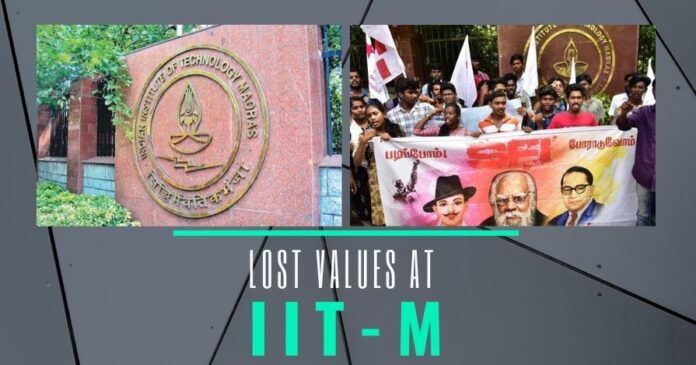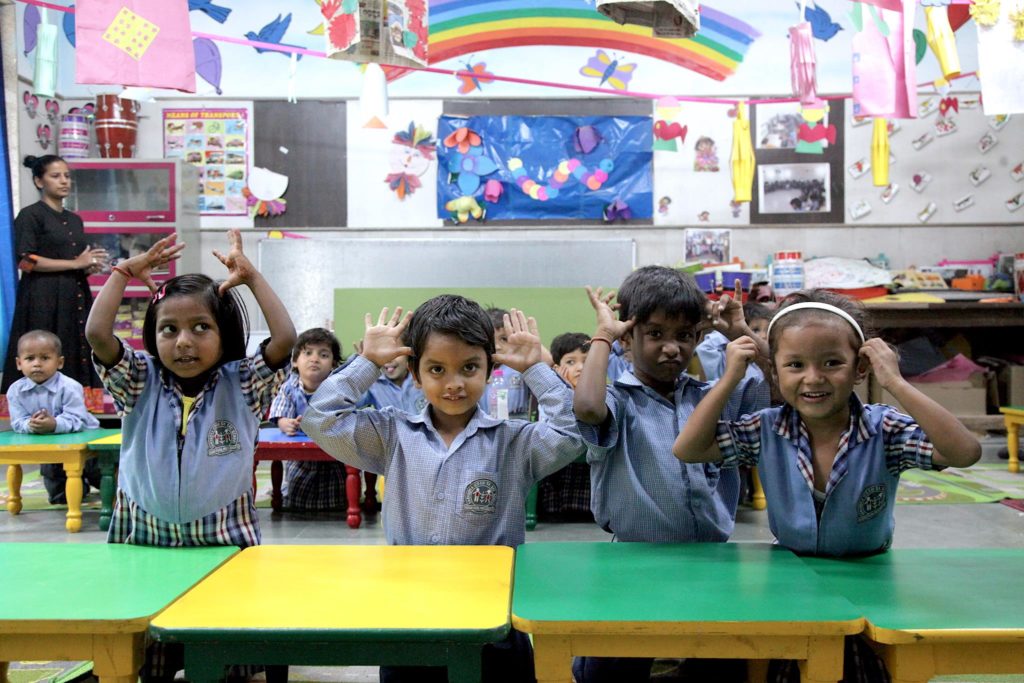Moved by Granddad’s Struggle, IIT Grad Empowers 3000+ Farmers With Unique Venture
“Growing up, I experienced struggle from up close. I had to walk barefoot for 5 km to reach the village school, often watching the farmers toiling in the fields on my way.” #FarmersFirst
SAYANTANI NATH
MARCH 27, 2020
AGRICULTURE ORGANIC FARMING
Hailing from a farming family in the small village of Manoli in Rajasthan, Anu Meena grew up watching the struggles of rural cultivators from close quarters. Aside from the inaccessibility of advanced agricultural infrastructure, the small-scale village farmers also grappled with securing the proper pricing of their products.
“(As a child), I used to see my grandfather facing difficulties to sell his produce – finding Mandis, searching for buyers, getting payments and mostly for getting a good price for the harvest. So I decided to work on this problem for my grandfather and many more farmers who feed the world,” shares Anu Meena, an IIT-Delhi graduate who started an agro-tech firm ‘AgroWave’ that bridges the gap between remote farmers and the consumer sector.

In a conversation with The Better India, Anu Meena shares about the struggles of her childhood that fuelled the idea for her startup, which is now aiding hundreds of small-scale farmers in North India.
“Growing up, I experienced struggle from up close. I had to walk barefoot for 5 km to reach the village school, often watching the farmers toiling in the fields on my way,” shares Anu.
Her academic brilliance prompted her to pursue her plus two in science from the small town of Sawai Madhopur, before she cracked the IIT entrance examination.
Her initial days at IIT-Delhi were riddled with hurdles. Language proved to be a difficulty for her in communication and learning, owing to her background in a Hindi medium school. It affected her academic performance and drove her into depression.

But with grit and determination, Anu persevered. She brushed up on her English skills soon and worked harder. She soon began acing her classes like before. After completing her graduation in Biochemical Engineering, Anu started working as an Operations Analyst at a startup dealing with logistics In 2017.
To Do Something for the Farmers
“I worked there for a brief period of time, but somehow my experience there reminded me of my family’s struggle to transport and sell their produce at bigger markets and for better profits. I remembered how much trouble my grandfather went through simply to rent a tractor from larger farmers in the village. At the same time, the regular news of farmer suicides from across the country upset me a lot. I decided the job was not my cup of tea and I had to do something for the farmers,” expresses Anu.
While doing her research for her startup, Anu learnt that the problems her family faced once are still affecting more than 50 per cent of the farmers around India. Mostly, they are unaware of the huge demand in urban market clusters and continue selling their produce for a low price in rural belts. Moreover, their sales are regularly intercepted by unscrupulous middlemen, who tend to pocket a larger share of the profit.
Anu’s target was to connect these farmers to urban consumers, and thereby eliminate the middlemen in the chain. Within a short time, Anu conceived the idea of AgroWave and started the company in March 2017 along with a group of dedicated friends, including Payal Jawalkar, her batchmate from IIT-Delhi.
 A farmer involved with AgroWave
A farmer involved with AgroWaveHow AgroWave Functions
With thorough ground research, analytics and the intervention of technology, the company tries to optimise the agricultural supply for the partnering farmers, and also helps to secure the best price for their harvest.
Anu informs, “We are building a Farm2Market mobility supply chain through an integrated network of mobile pickup station MPS(s) using data-driven technology like smart route mapping, price prediction engine and supply-demand mapping.”
“We buy fruits and vegetables through MPS(s) from farm gates and sell the produce to retail outlets in metro cities and other businesses,” she simplifies.
In everyday terms, AgroWave helps a farmer plan everything – ranging from the fastest and cheapest transportation route to accurate price prediction and finally reaching the customer. From higher revenue for guava farmers in Sawai Madhopur to more price for cauliflowers across farms of Agra, AgroWave has managed to bring smiles to many families.
“We have farmers who are happy to work with us as we give them instant payments,” says Anu highlighting another excellent aspect of AgroWave.
Ringing in Increased Profits for Small Farmers
AgroWave started with just 15 farmers in Palwal, Haryana. At present, their farmer count stands at over 3,000 across Haryana, Uttar Pradesh, Rajasthan, Punjab and Madhya Pradesh.
Like Narayan Singh who owns a 3-acre organic farm in Khandoli, Agra where he grows seasonal vegetables like potato, cauliflower, chilli, gourd, watermelon and okra. He has been partnering with AgroWave for the past one year, after their field executive invited him onboard by buying all his cauliflower. His sales have only grown ever since.
“Earlier, I had to travel to the Mandis in town to sell my vegetables. Sometimes the transit would take up to two days. Not only was it tiring and a waste of time, but there was also price discrepancy often at the wholesale vendors. Through AgroWave, now I can transport the entire produce at one go, thus saving a huge amount on transportation expenses. I also get at least Rs 2-3 extra per kg for my vegetables that the normal Mandi rates,” shares Narayan.
 The AgroWave team
The AgroWave teamHe adds that a lot of his neighbouring farmers have started working with AgroWave following his example.
Anu claims that they have charted an average increase of 10-15 per cent of profits for the farmers they have started working with. Their steady customer base includes retail outlets, canteens, caterers and restaurants in Delhi-NCR and other cities of North India.
She envisions to launch AgroWave as a pioneer in the farm-to-business sector of India. The company also plans to have a tie-up with state governments soon to upscale their initiatives and thereby aid more farmers.
‘To build a sustainable supply chain of fruits & vegetables!’ – reads the AgroWave motto. And true to their vision, Anu Meena’s unique startup is truly empowering the often-overlooked agricultural sector of the nation.
Also Read: ‘We Earn More Now’: Couple Quits UK Jobs For Organic Farming in Native Village
(Edited by Saiqua Sultan)
Like this story? Or have something to share?
Write to us: contact@thebetterindia.com
Connect with us on Facebook and Twitter.


 IIT Guwahati | Photo: Commons
IIT Guwahati | Photo: Commons




 Image: Arindam Mukherjee | ThePrint.in
Image: Arindam Mukherjee | ThePrint.in